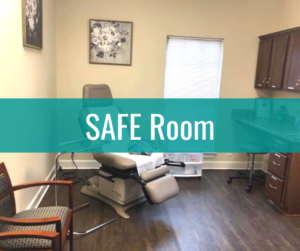As we wrap up Mental Health Awareness Month let’s check in with ourselves regarding our own mental health.
How are YOU feeling? What’s taking up most of your mental space right now?
Just like going to a doctor for an annual checkup or visiting the dentist for a cleaning, it is important to maintain good mental health as well. Mental illness can impact your daily life by affecting your thoughts, feelings, behaviors and mood.
There are many ways to maintain your mental health such as connecting with friends/family, intentionally focusing on positive aspects of your life or writing them down, getting physically active and moving your body, making sleep and rest a priority, helping others, doing art, or getting into nature.
But it’s also important to remember sometimes, just like with our physical help, we need a professional to help guide our wellness. Getting help from a mental health professional is a great tool to ensure positive mental health.
When do you know you need to seek the help of a professional? The American Psychological Association suggests considering counseling or therapy when something causes distress and interferes with some part of life, particularly when:
Mental Health America has this amazing check-in quiz to check on the status of your mental health.
Online screening is one of the quickest and easiest ways to determine whether you are experiencing symptoms of a mental health condition.
Mental health conditions, such as depression or anxiety, are real, common and treatable. And recovery is possible.
Online screening tools are meant to be a quick snapshot of your mental health. If your results indicate you may be experiencing symptoms of a mental illness, consider sharing your results with someone. A mental health provider (such as a doctor or a therapist) can give you a full assessment and talk to you about options for how to feel better.
At Domestic Violence & Sexual Assault Center, we offer individual, crisis and periodic group counseling to create space where individuals can be hopeful about recovery and safely face the challenges that come with growth and healing. Whether the abuse was recent or long ago, therapy helps survivors regain a sense empowerment in their lives.
The effects of trauma may be life altering. Survivor’s perceptions of themselves and the world around them may shift and many will experience physical and emotional challenges in the aftermath. Trauma focused therapy may be an integral part in the healing process for survivors of domestic violence and sexual assault.
Our counselors and therapists use a variety of evidenced based treatments to provide an optimal space for healing and growth. These include:
- Trauma Focused Cognitive Behavioral Therapy
- Eye Movement Desensitization and Reprocessing Therapy
- Accelerated Resolution Therapy
- Brain Spotting
- Dialectic Behavior Therapy
All counseling services are provided at no cost to the survivor. Call today if you would like to inquire further or schedule an appointment with a counselor.




